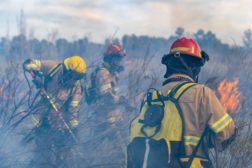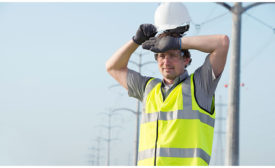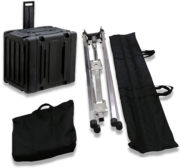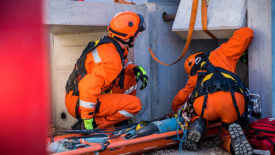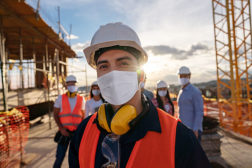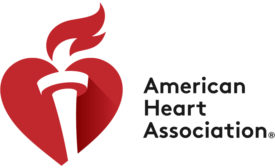Home » emergency response
Articles Tagged with ''emergency response''
Fire chief offers emergency-response training tools for good decision-making
Read More
Wildfire clean-up crews face multiple health risks
Hazards include toxic inhalation, harmful pollutants, heat exposure
November 8, 2022
2021 Readers' Choice Awards: Emergency Response
July 1, 2021
Become a Leader in Safety Culture
Build your knowledge with ISHN, covering key safety, health and industrial hygiene news, products, and trends.
JOIN TODAYCopyright ©2024. All Rights Reserved BNP Media.
Design, CMS, Hosting & Web Development :: ePublishing

